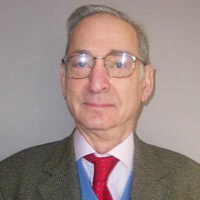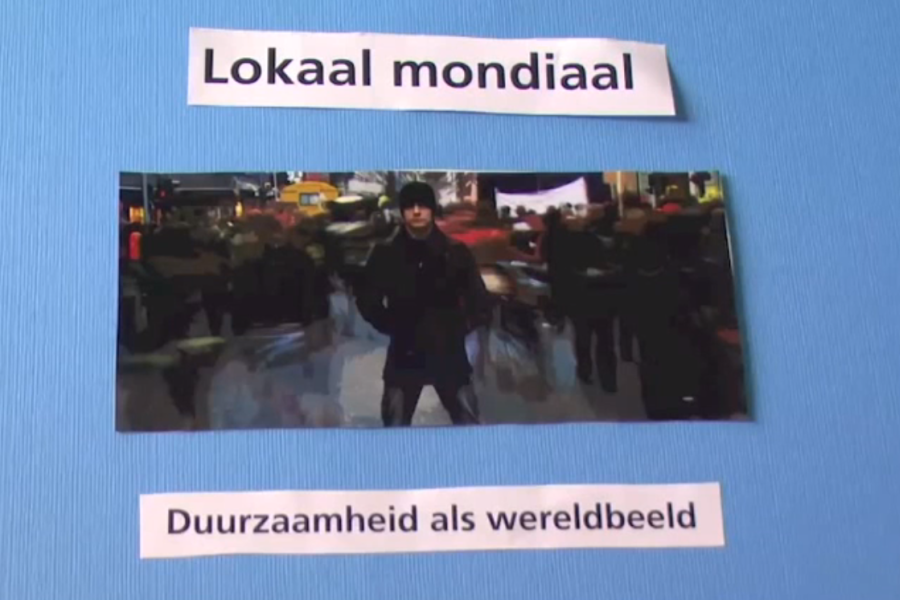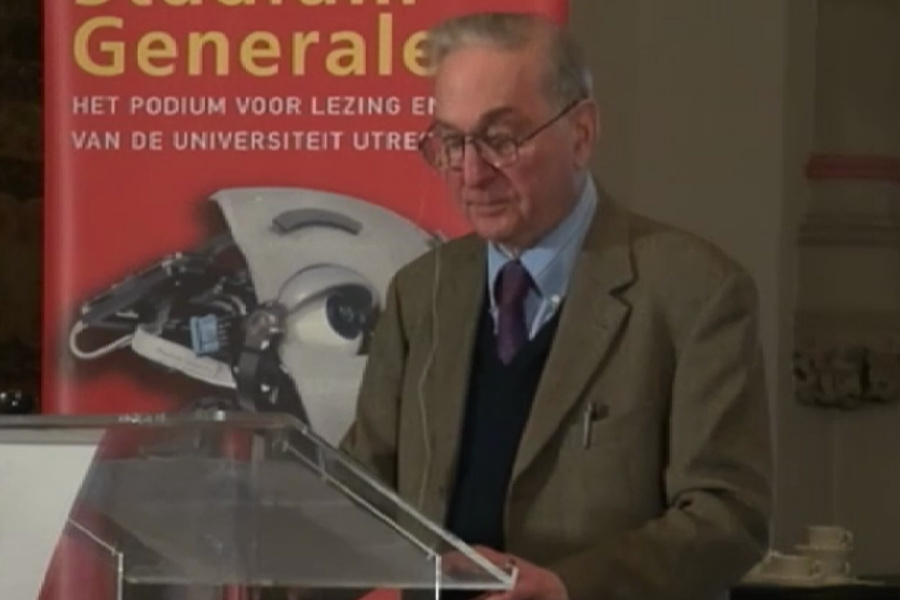Jerome Ravetz

Ravetz schreef het baanbrekende boek Scientific Knowledge and its Social Problems (1971, 1996).
Hij was docent wetenschapsgeschiedenis en –filosofie aan de Universiteit van Leeds tot hij met vroeg pensioen ging om The Research Methods Consultancy op te richten. Hij heeft wetenschappelijke onzekerheid en haar management onderzocht, waar hij (met S.O. Funtowicz) het boek Uncertainty and Quality in Science for Policy(1991) over schreef. Met S.O. Funtowicz heeft hij de theorie van 'post-normale wetenschap' ontwikkeld die van toepassing is als de feiten onzeker zijn en de waarden worden betwijfeld, terwijl de belangen groot en de beslissingen urgent zijn.
In zijn boek, A No-Nonsense Guide to Science(2005) beantwoordt hij de vragen of de wetenschap betrouwbaar is en of we wetenschap en technologie kunnen ontwikkelen die menselijk leven en de planeet verbeteren in plaats van vernietigen.
Tegenwoordig werkt Ravetz aan kwesties omtrent de governance van ontluikende technologieën met een focus op nanotechnologie. Ten eerste onderzoekt hij hoe de wetenschappen omgaan met het 'onbekende onbekende'. Nieuwe wetenschappen van materie en leven nemen toe in macht waarbij 'onverwachte consequenties' als onvermijdelijke bijproducten ontstaan. Dit 'onbekende onbekende' kan sneller belangrijk worden dan de bestaande instellingen kunnen beheersen. Ravetz onderzoekt welke nieuwe vormen van governance van de wetenschap nodig zijn voor de samenleving, de omgeving en wetenschap zelf.
Ravetz is momenteel visiting fellowaan het Descartes Centre voor Wetenschapsgeschiedenis en Wetenschapsfilosofie.
---
Jerry Ravetz (1929) is an environmental consultant and academic. He came to England as a Fulbright Scholar, and did a PhD in mathematics at Trinity College, Cambridge. He wrote the seminal book Scientific Knowledge and its Social Problems (1971, 1996). He was Reader in the History and Philosophy of Science at the University of Leeds before taking early retirement to found The Research Methods Consultancy. He has studied scientific uncertainty and its management, co-authoring (with S.O. Funtowicz) Uncertainty and Quality in Science for Policy (1991). With S.O. Funtowicz he has developed the theory of 'post-normal science', which applies when facts are uncertain, values in dispute, stakes high and decisions urgent.
In his book, A No-Nonsense Guide to Science(2005), Ravetz discusses whether we can trust scientists, and if we can develop science and technology to improve, not destroy, human life and the planet.
Ravetz is currently working on issues of the governance of nascent technologies, with a focus on nanotechnology. Firstly, he studies the governance of the sciences of 'the unknown unknowns'. New sciences of matter and life increase in their power and scope, which results in 'unanticipated consequences' as inevitable byproducts. These 'unknown unknowns' may become important more rapidly than can be managed by our existing institutions. Ravetz aims to answer the question: what new forms of governance of science will be required for the production of society, of the environment and of science itself?
Secondly, Ravetz studies the ways in which science may become an integral part of sustainable development. Our present unsustainable material culture is a product of the ongoing industrial and technological revolution, with science as a part of the problem. How can we make science part of the solution? What new institutions and attitudes are needed? According to Ravetz, collective effort is needed from all those concerned with science and its future.


